Metropolitan Avenue
60 min, Feature Documentary
Metropolitan Avenue is an inspiring contemporary story about women who strive to combine new roles and old values in our rapidly changing society. We are introduced to a lively Brooklyn neighborhood which, like many urban areas, faces problems caused by racial tensions and cuts in municipal services. But in this case, a group of "traditional" homemakers from varied ethnic backgrounds rise to the challenge and become leaders in the effort to save their community.
Metropolitan Avenue was broadcast on PBS' P.O.V. and Channel 4 Great Britain. It premiered theatrically at the Film Forum in New York and Laemmle Monica in Los Angeles. It screened both locally and at festivals in the United States and abroad, including the American Film Festival, where it won the John Grierson Award. It was nominated for the Hugo Award at the Chicago International Film Festival and won the Jury Award at the Leipzig International Film Festival in Germany. It also screened at the Margaret Mead Festival, the Festival del Populi in Italy and the Mannheim Festival in Germany. In 1988, Metropolitan Avenue was nominated for a National News and Documentary Emmy Awards for outstanding individual achievement in Directing. 2,000 copies of the film were distributed to libraries across the US by the John T. and Catherine D. McArthur Foundation.
Ida Susser's updated edition of Norman Street: Poverty and Politics in an Urban Neighborhood, is a resource focusing on the ethnographic and political history of the same neighborhood as the film. It features a discussion of Metropolitan Avenue.
The film received positive critical reviews in the New York Times, the Los Angeles Time, Variety, the Daily News, and the Wall Street Journal, as well as was referenced in many books. See in links.
The film was recently exhibited at the Museum of the City of New York, Union Docs, the Brooklyn Historical Society and the Maysles' Film Center. It traveled to Madrid and Berlin with the Martha Rosler project "If You Lived Here; The City in Art, Theory, and Social Activism" and other film events in New York City focusing on issues of gentrification and housing.
Metropolitan Avenue was funded by the National Endowment of the Humanities, New York Council for the Humanities, New York Council for the Arts, the Ford Foundation, the Women's Project of the Film Fund and the Paul Robson Foundation. It was distributed by New Day Films.
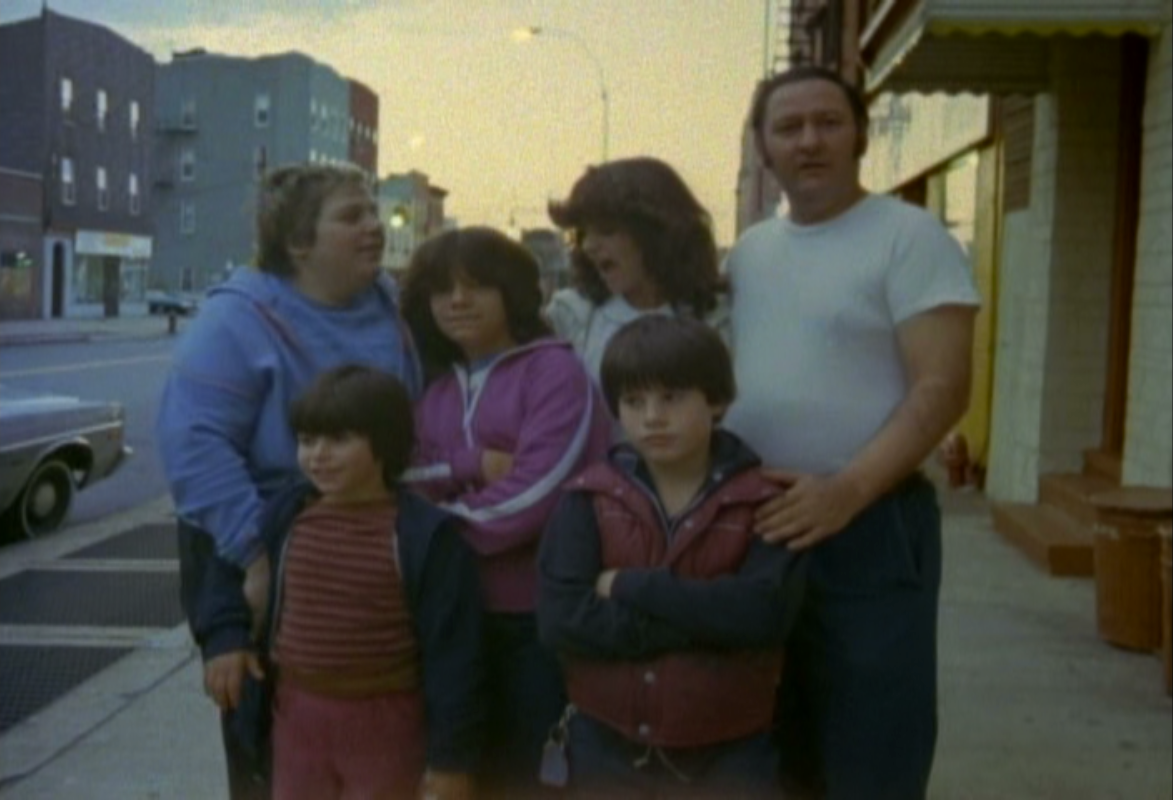
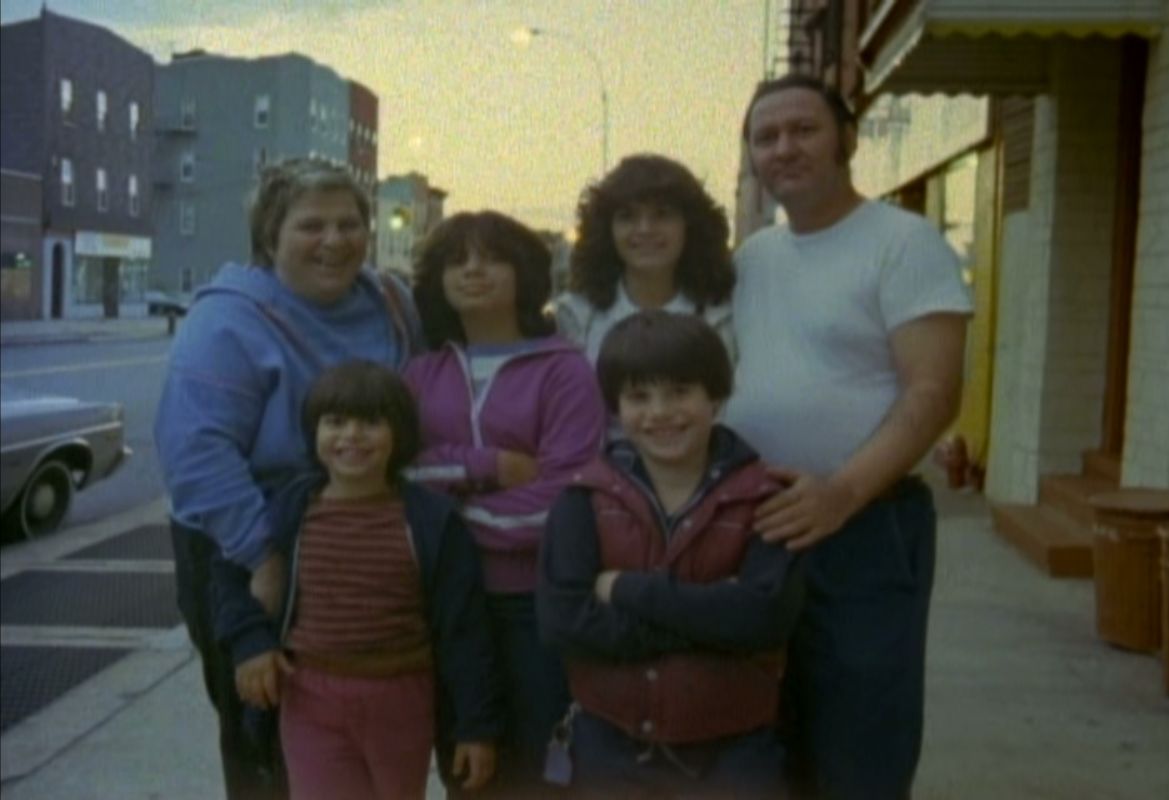
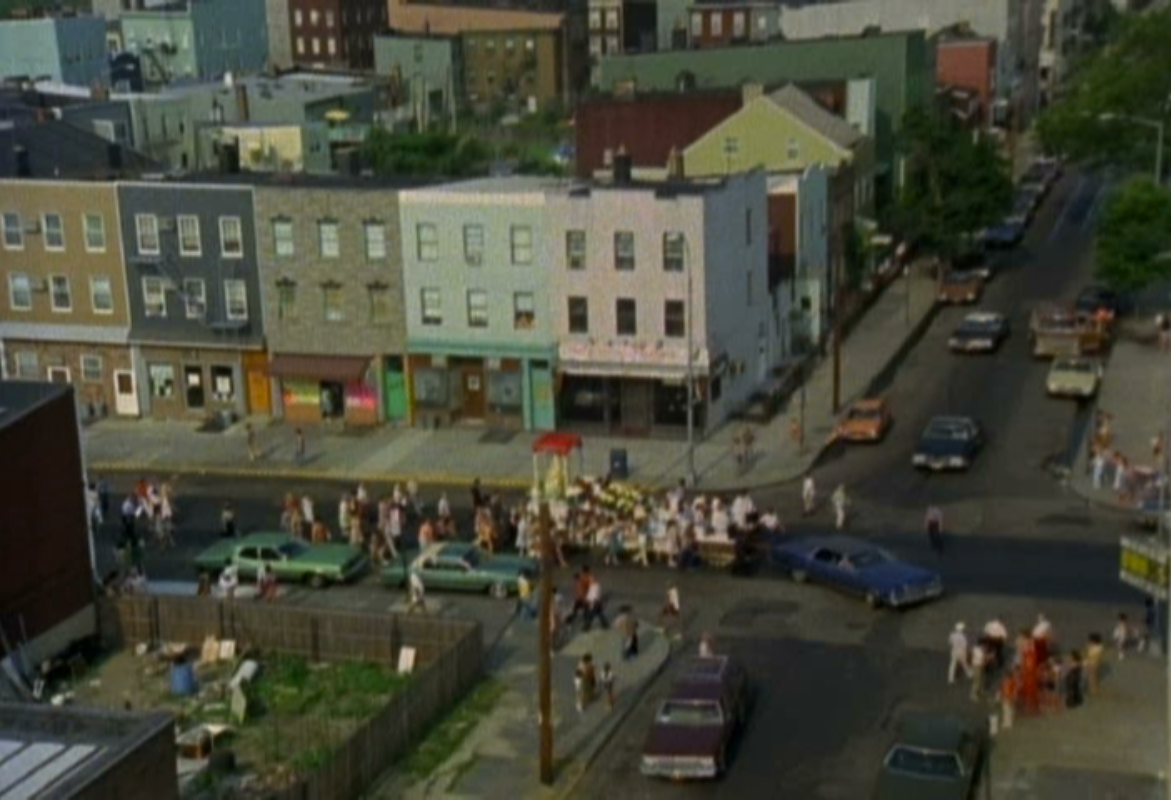
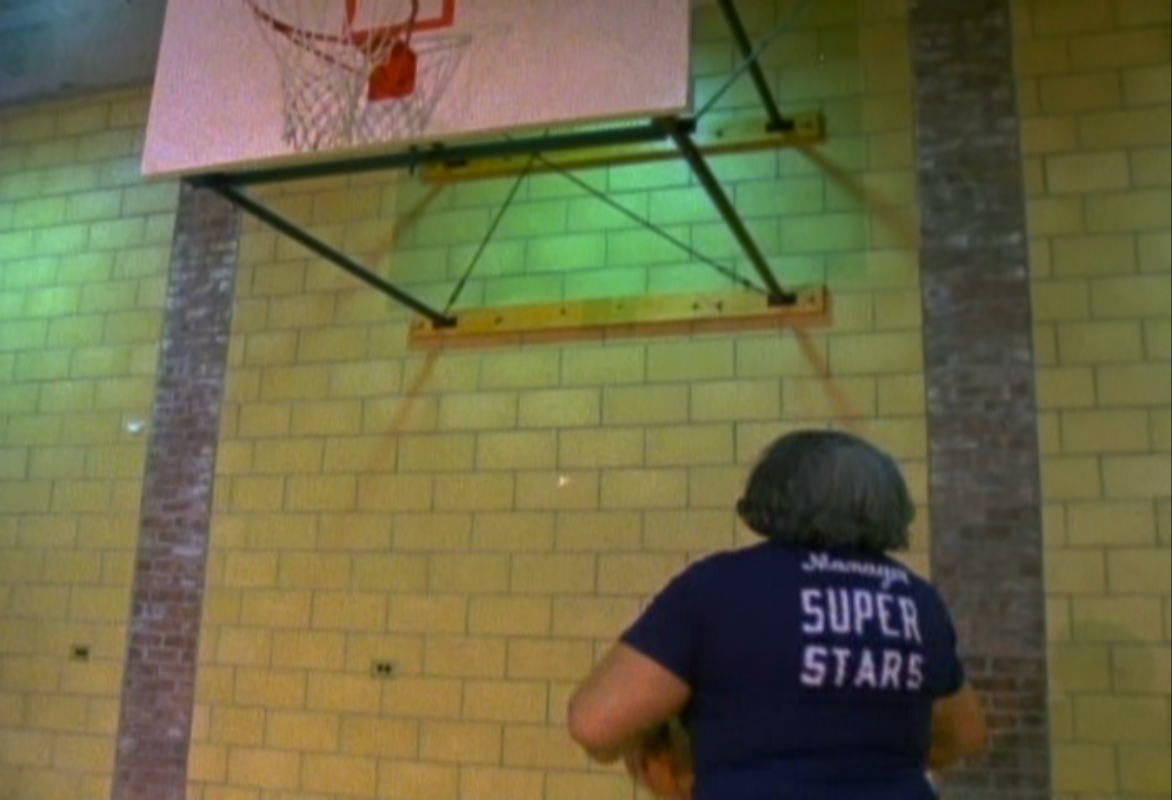
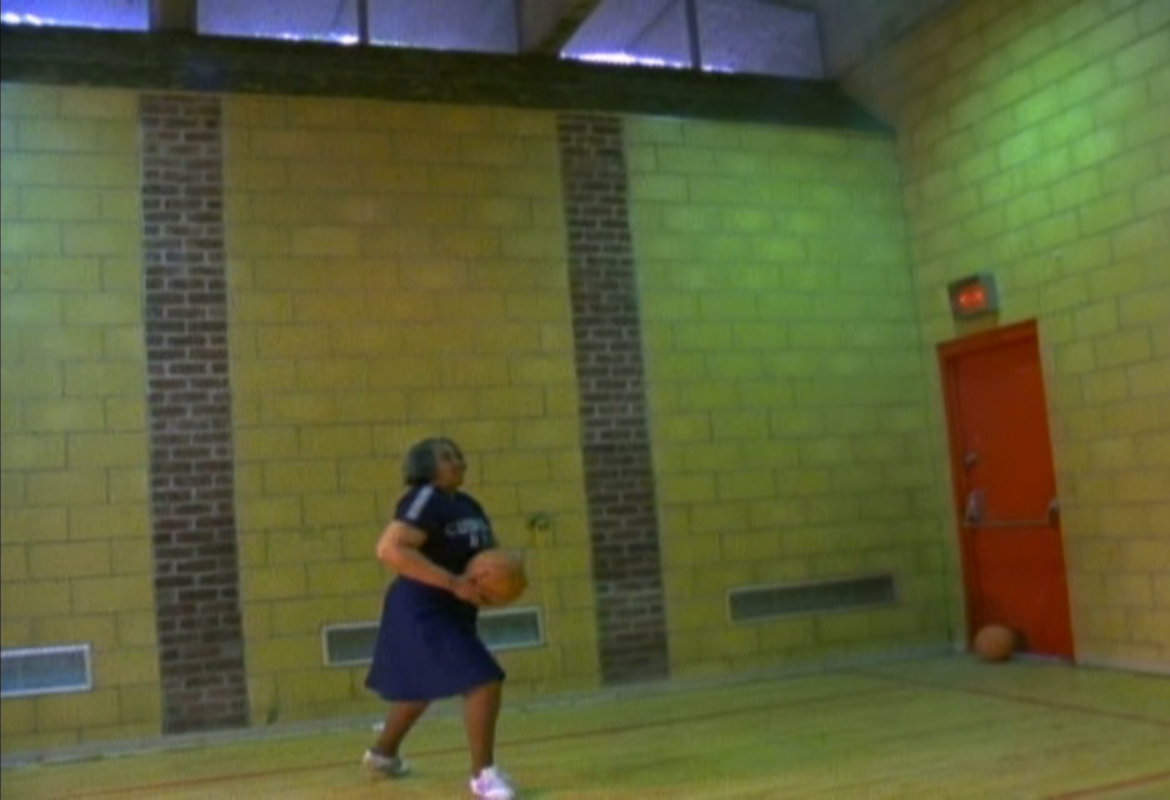
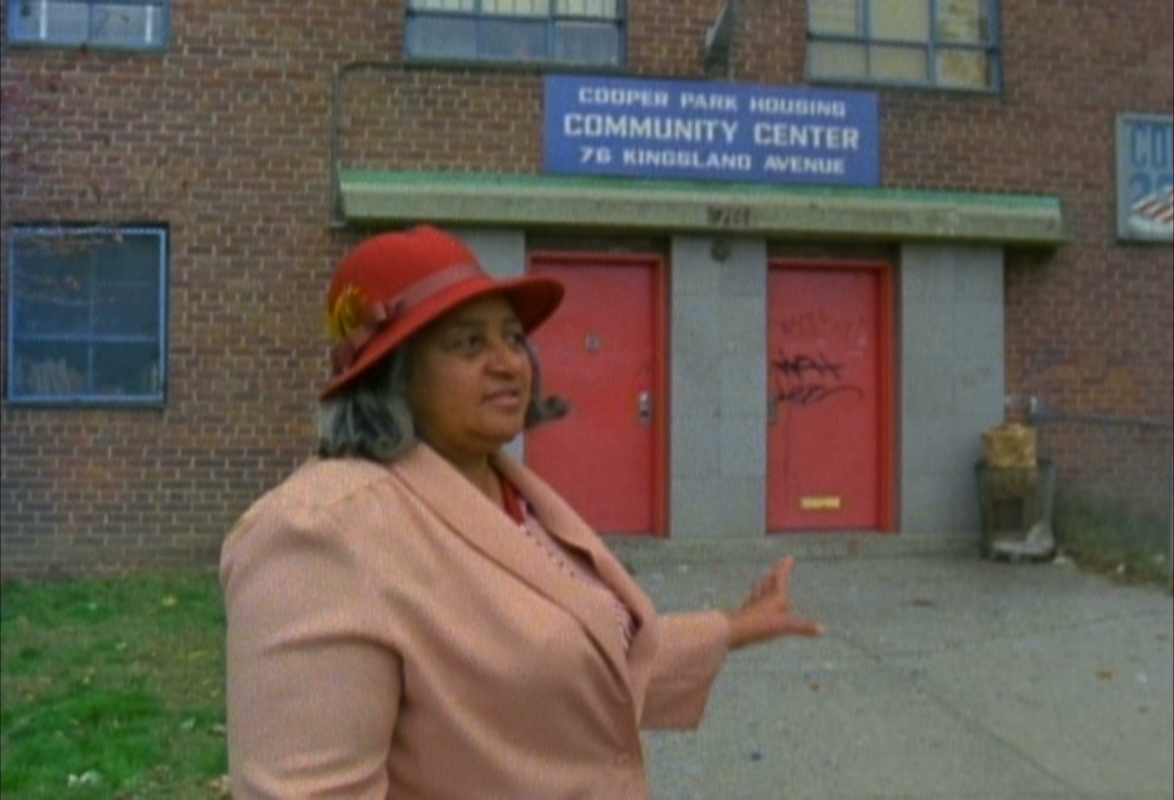
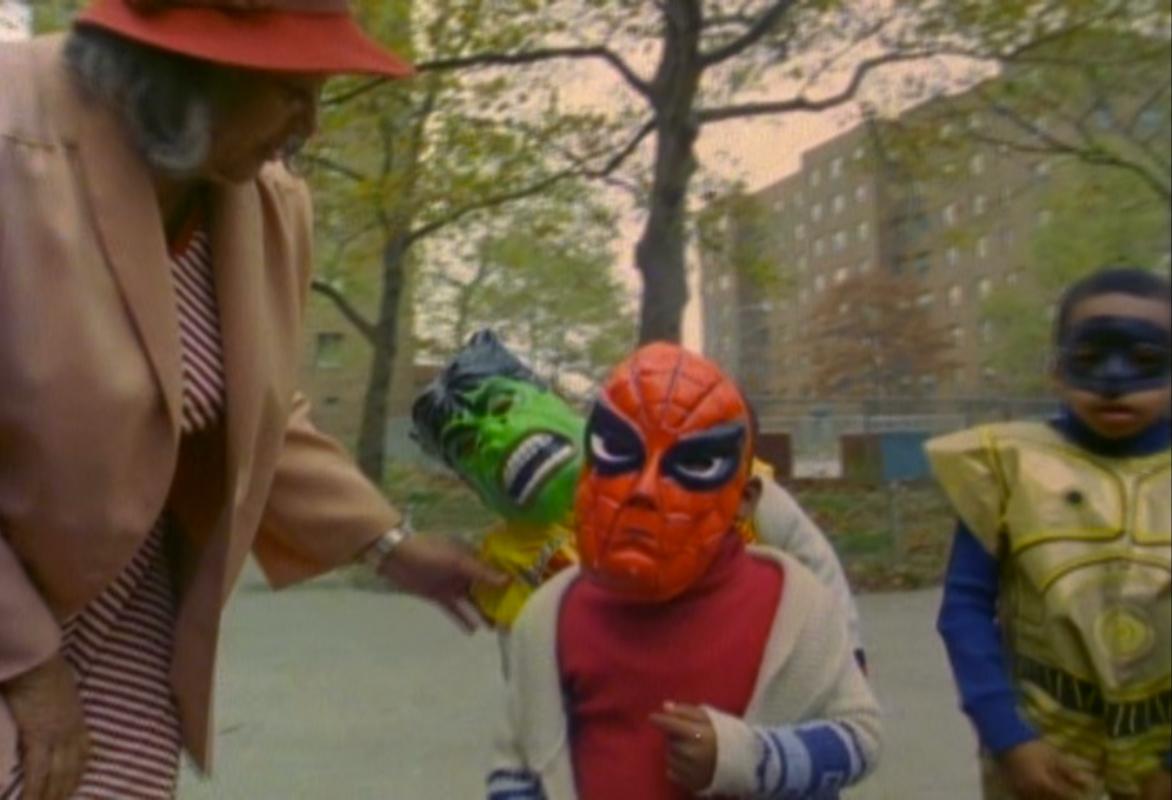
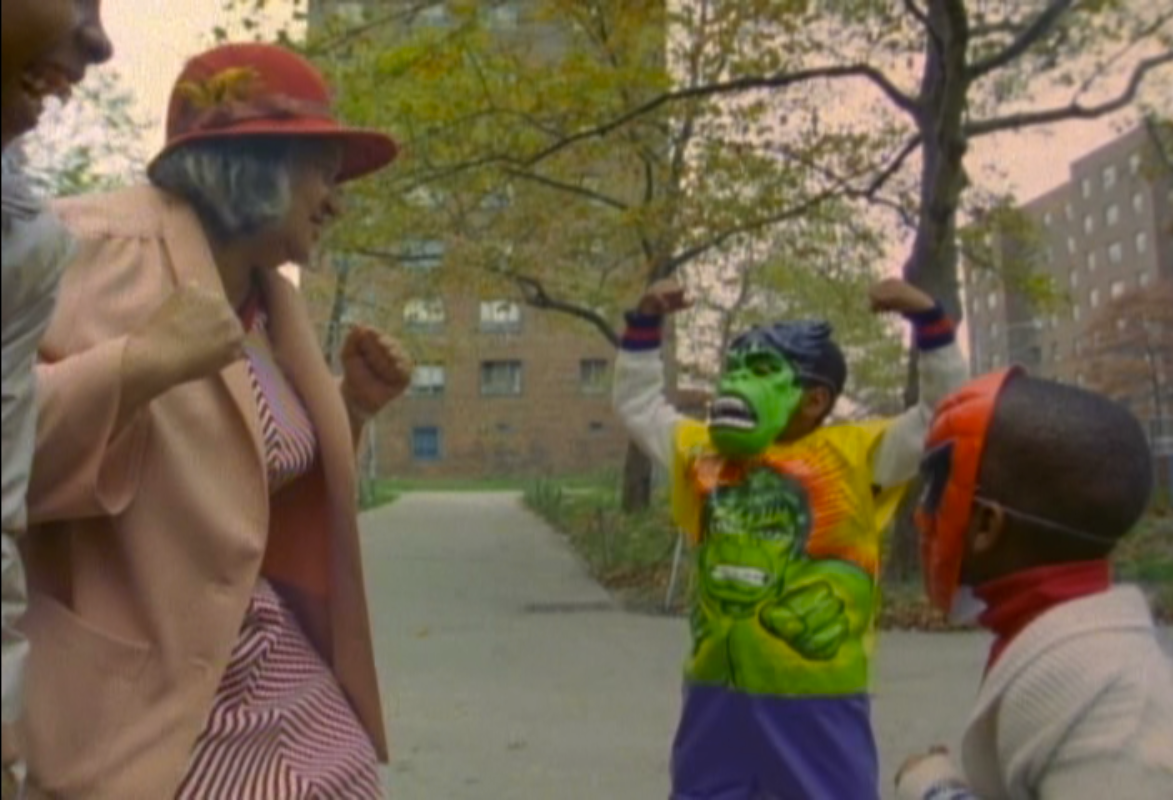
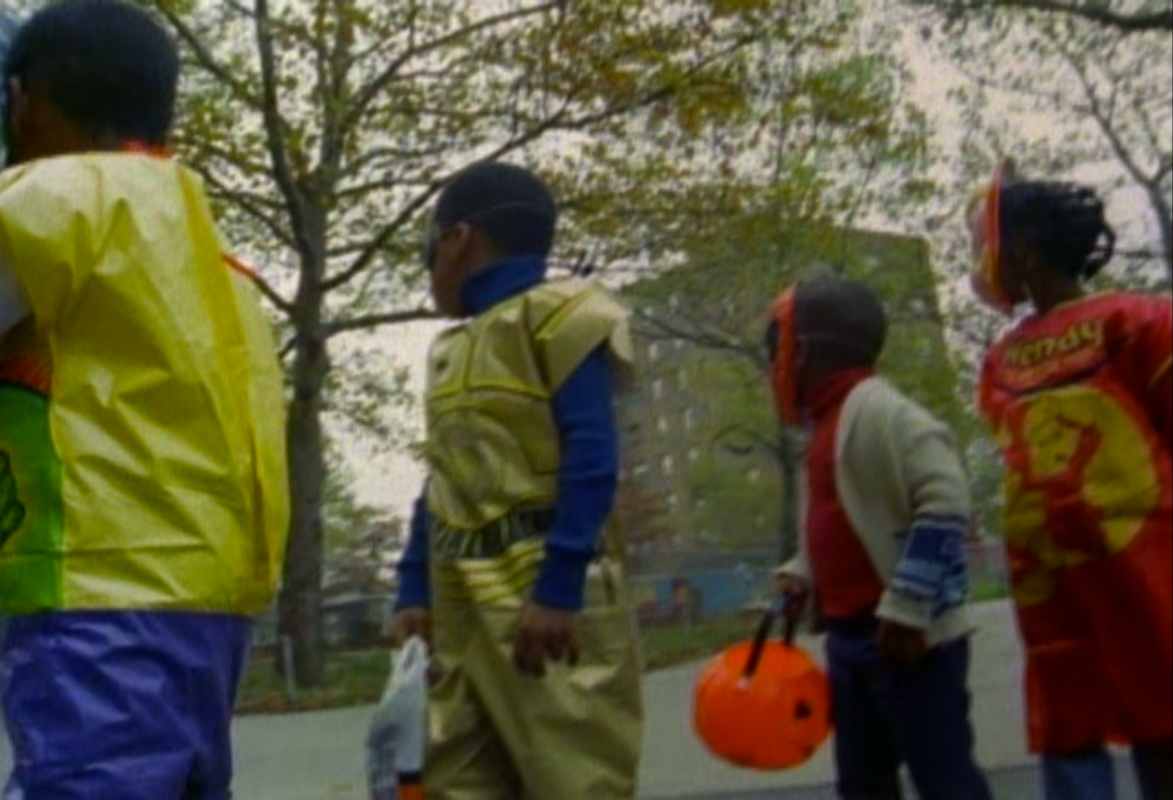
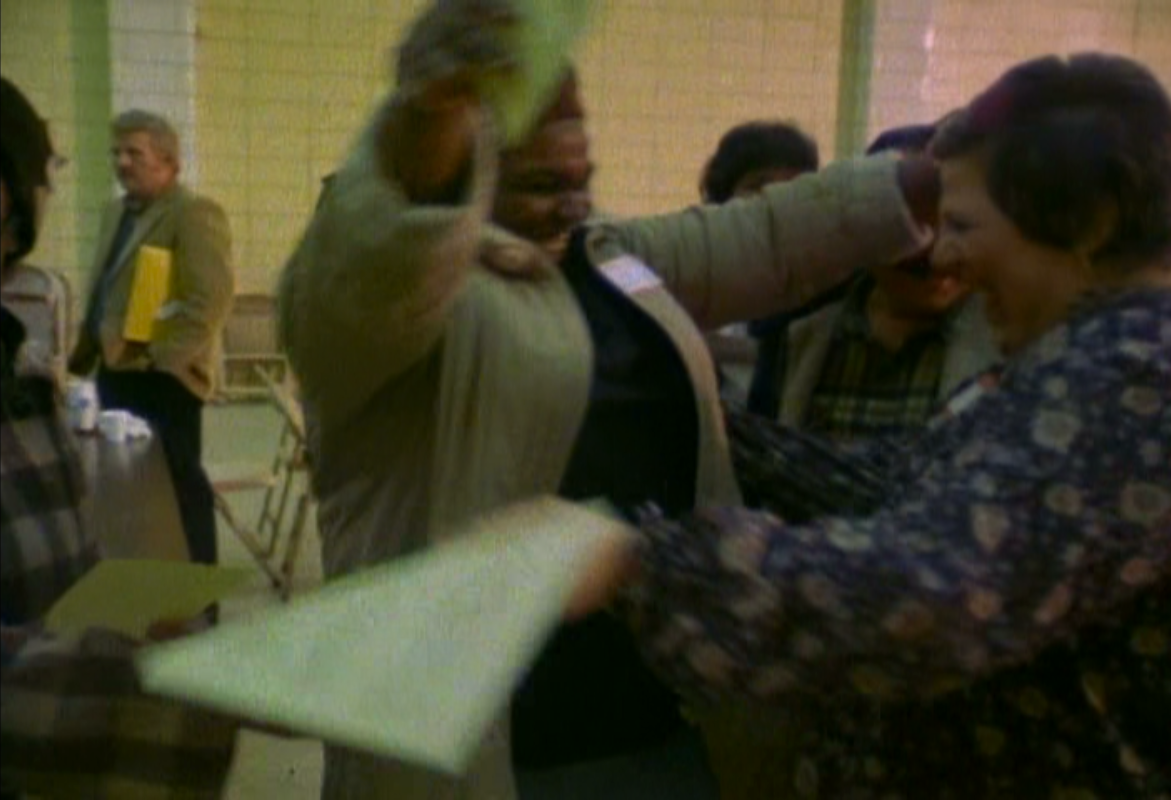
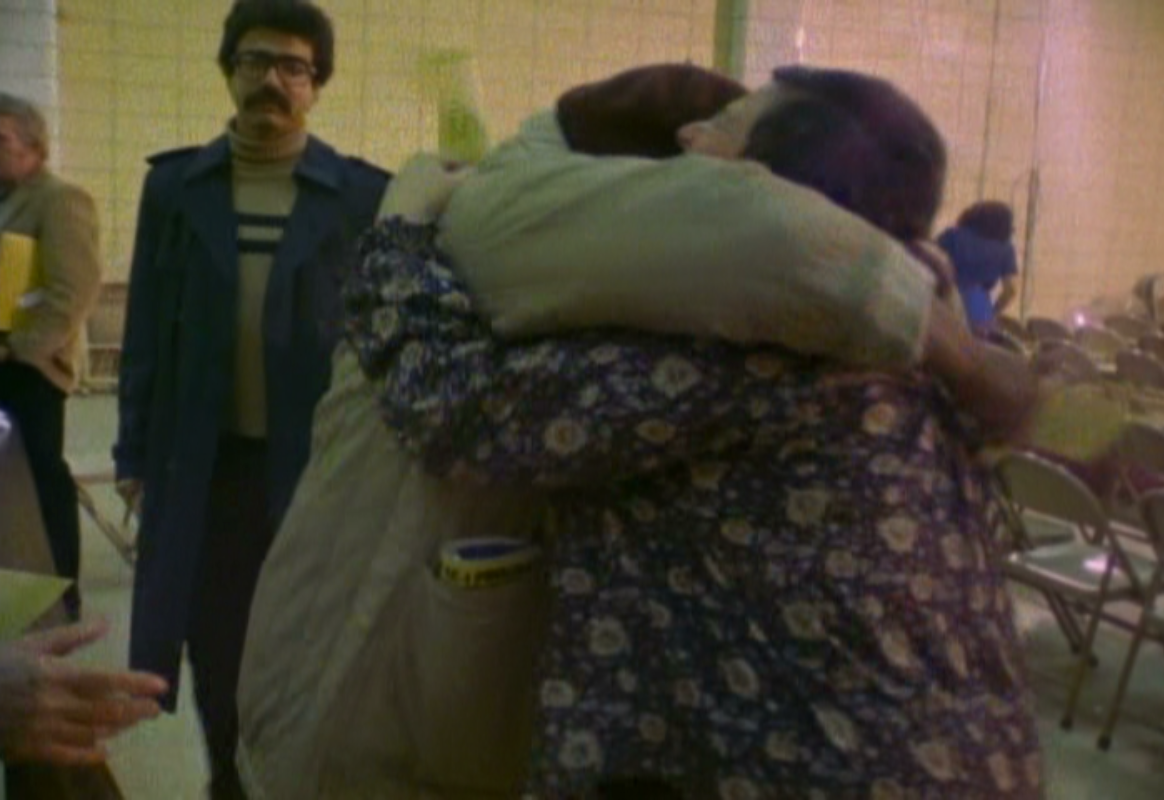
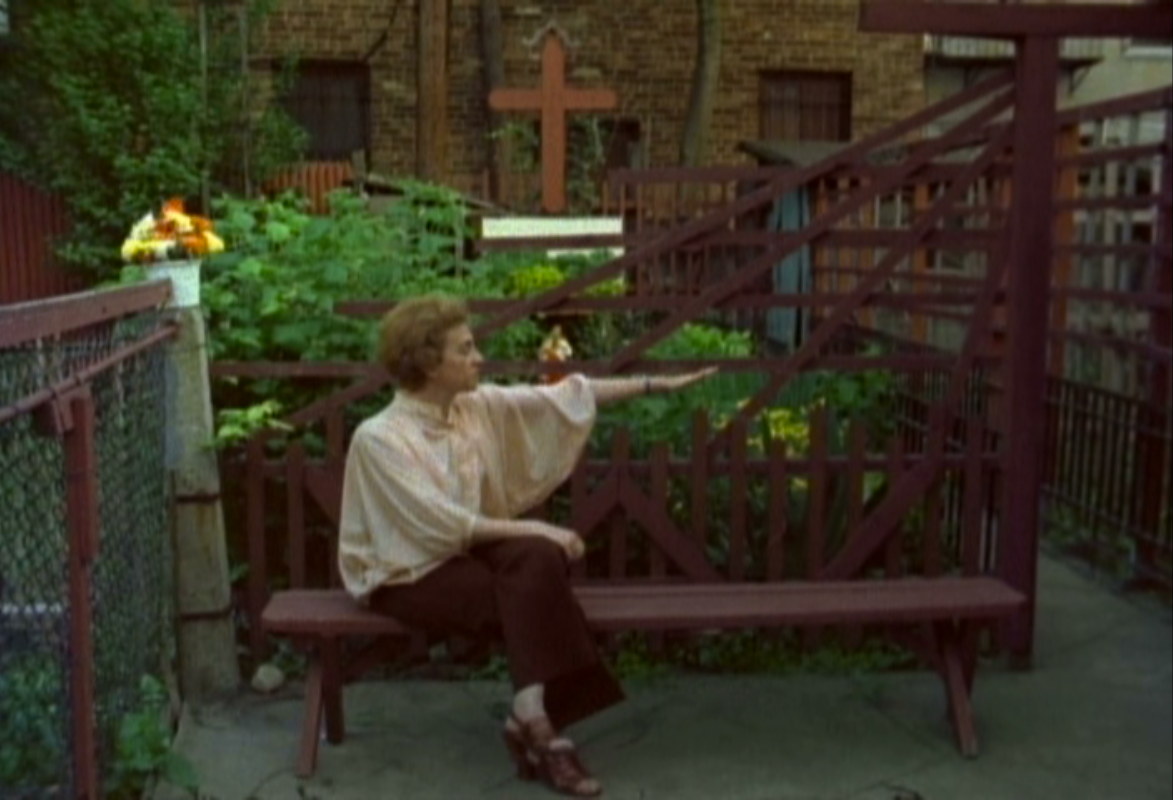
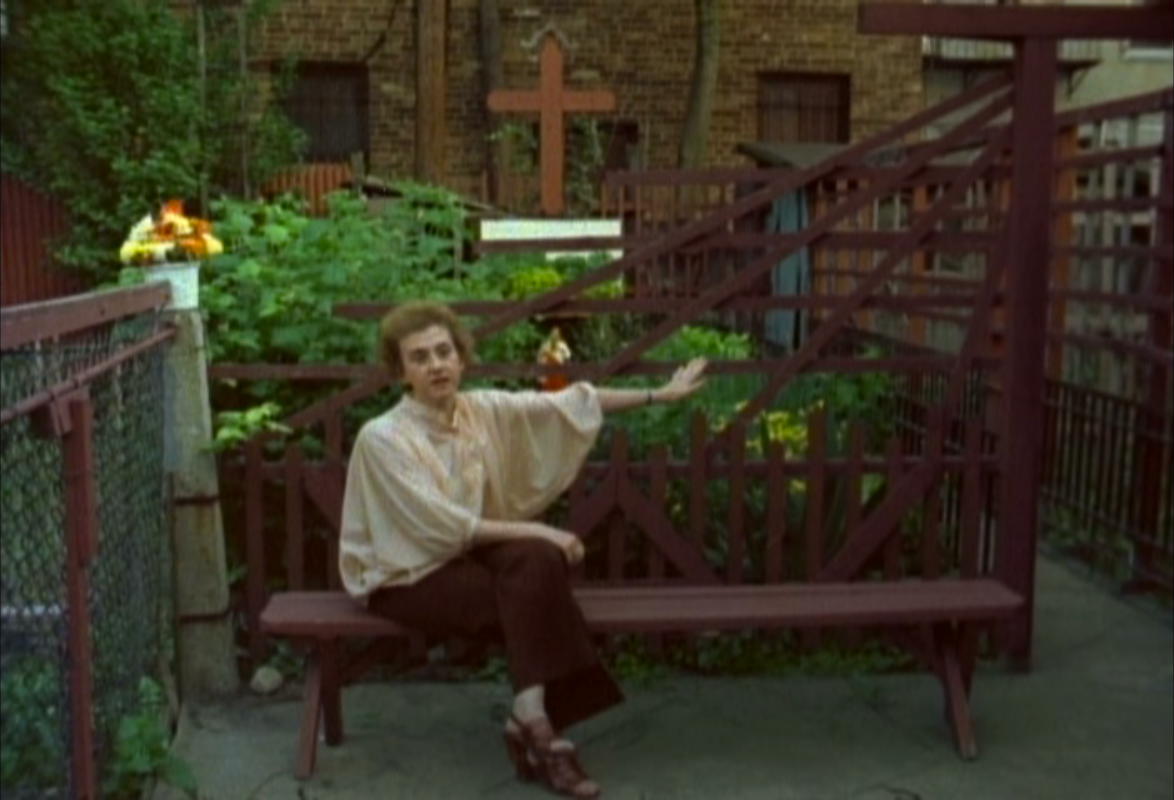
““Metropolitan Avenue probably touches on every problem that every urban neighborhood has either gone through or will face. … Christine Noschese, the show’s producer and director and a former Brooklynite who delivers the narration, expresses a point of view, focusing on the women of the diverse ethnic communities. She documents, through interviews, their strength, individually and collectively, and their persistence.””
“Metropolitan Avenue (1985 – 60 minutes) is a personal tour of the kitchens, backyards, celebrations and demonstrations in a community of Brooklyn’s waterfront. Black, Italian and Polish women in Greenpoint and Williamsburg, all traditional homemakers, become community leaders in an effort to save their neighborhood. In the process they overcome old prejudices and develop new alliances across racial lines.”
